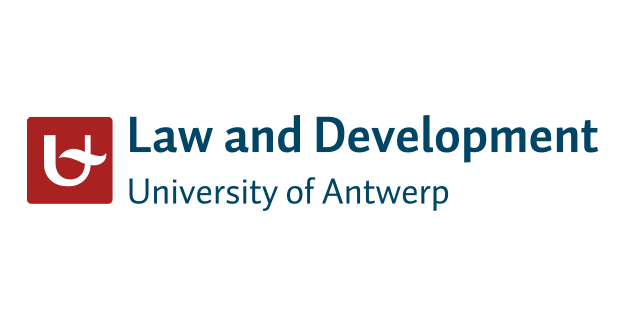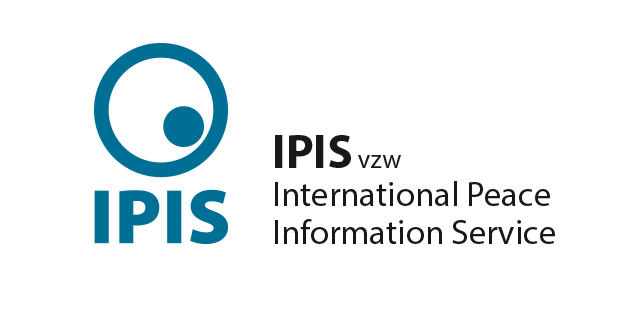2 Human Rights Guidelines for Organisations
Why are these guidelines important?

Non-binding guidelines seek to promote and support compliance with human rights law. They are increasingly used to facilitate consensus among stakeholders on highly sensitive topics, such as the creation of legal personality for non-state organisations at the international level. These guidelines are a framework that complements human rights law, facilitates compliance and enforcement, and increases awareness about its relevance.
Non-binding guidelines are also important because they have guided state regulation of organisations’ activities. Two conceptual frameworks explain these regulatory mechanisms. Firstly, “responsive regulation” is a regulatory approach that encourages businesses (and other organisations) adapt their processes and activities to comply with human rights or environmental law (amongst others), without being obliged to do so by mandatory regulations.
Secondly, “networked governance” aims to clarify the range of hard and soft law to solve complex problems, such as the interaction between diverse actors and their activities and respect for human rights. Governance does not involve only binding law made by the state, because the issues at stake are not purely legal and involve the action of several actors and frameworks.
Tool 2 presents diverse initiatives that aim to fill the gap generated left by the lack of accountability at the international level for organisations’ adverse human rights impacts, as well as the difficulty of using transnational mechanisms at the national level to hold organisations accountable for such impacts.




